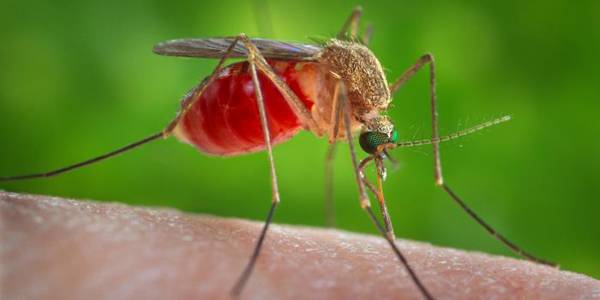Introduction:
In the realm of insects, few creatures are as notorious as mosquitoes. While their presence may be bothersome, it is important to appreciate the intricate marvels of their existence. This article aims to shed light on the fascinating world of mosquitoes, including their breeding habits, the parasites they carry, the infections they transmit, and effective treatments to combat these infections. Furthermore, we will dispel the myth that mosquitoes solely breed in dirty waters, highlighting their adaptability to various environments, even clean waters.
Breeding Habits:
Contrary to popular belief, mosquitoes do not exclusively breed in stagnant, unclean waters. While some species do prefer such conditions, many mosquitoes are remarkably adaptable and can breed in a wide range of environments. Clean ponds, lakes, and even the smallest pockets of water in your garden can serve as breeding grounds for these insects. Female mosquitoes lay their eggs in these water sources, and within days, the larvae hatch, beginning their aquatic journey before metamorphosing into adult mosquitoes.
The Parasites They Carry:
One of the most alarming aspects of mosquitoes is their role as vectors for several harmful parasites. The female mosquito feeds on the blood of animals, including humans, to obtain the necessary nutrients for egg production. Unfortunately, in doing so, they can transmit parasites such as malaria, dengue fever, Zika virus, and West Nile virus. These parasites find a temporary home in the mosquito's salivary glands, ready to be injected into their next unsuspecting host during a bite.
Infections and Treatment:
The infections caused by mosquito-borne parasites can range from mild to life-threatening. Malaria, for instance, affects millions of people worldwide, causing fevers, chills, and, in severe cases, organ failure. Dengue fever manifests as high fever, severe headache, joint and muscle pain, while the Zika virus has been linked to birth defects in newborns. However, the good news is that medical advancements have paved the way for effective treatments and preventive measures against these infections.
Preventive measures include using insect repellents, wearing long-sleeved clothing, and sleeping under mosquito nets in affected areas. Additionally, progress in vaccine development offers hope for protection against diseases like malaria and dengue fever. Swift diagnosis and prompt medical intervention play a crucial role in treating mosquito-borne infections. Antimalarial drugs, supportive care, and vaccines are available to combat these diseases, minimizing their impact on affected individuals.
Conclusion:
Despite their negative reputation, mosquitoes serve as a captivating reminder of the intricacies of the natural world. Understanding their breeding habits, the parasites they carry, and the infections they transmit empowers us to take appropriate preventive measures. By dispelling the misconception that mosquitoes exclusively breed in dirty waters, we realize the importance of vigilance, even in seemingly clean environments. By raising awareness and implementing effective preventive strategies, we can mitigate the risks associated with mosquito-borne infections, safeguarding our health and well-being in the process




No comments yet
Be the first to share your thoughts!